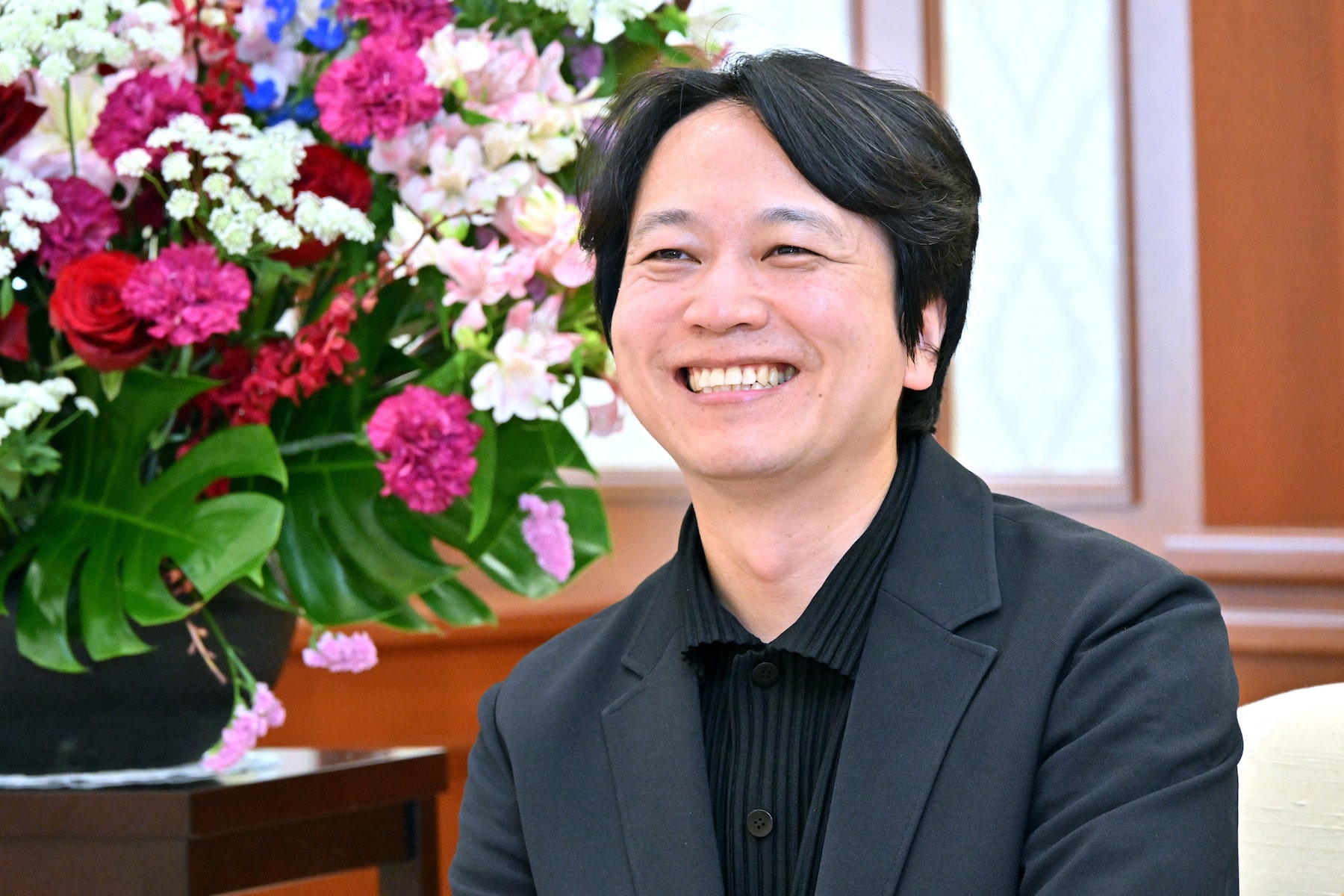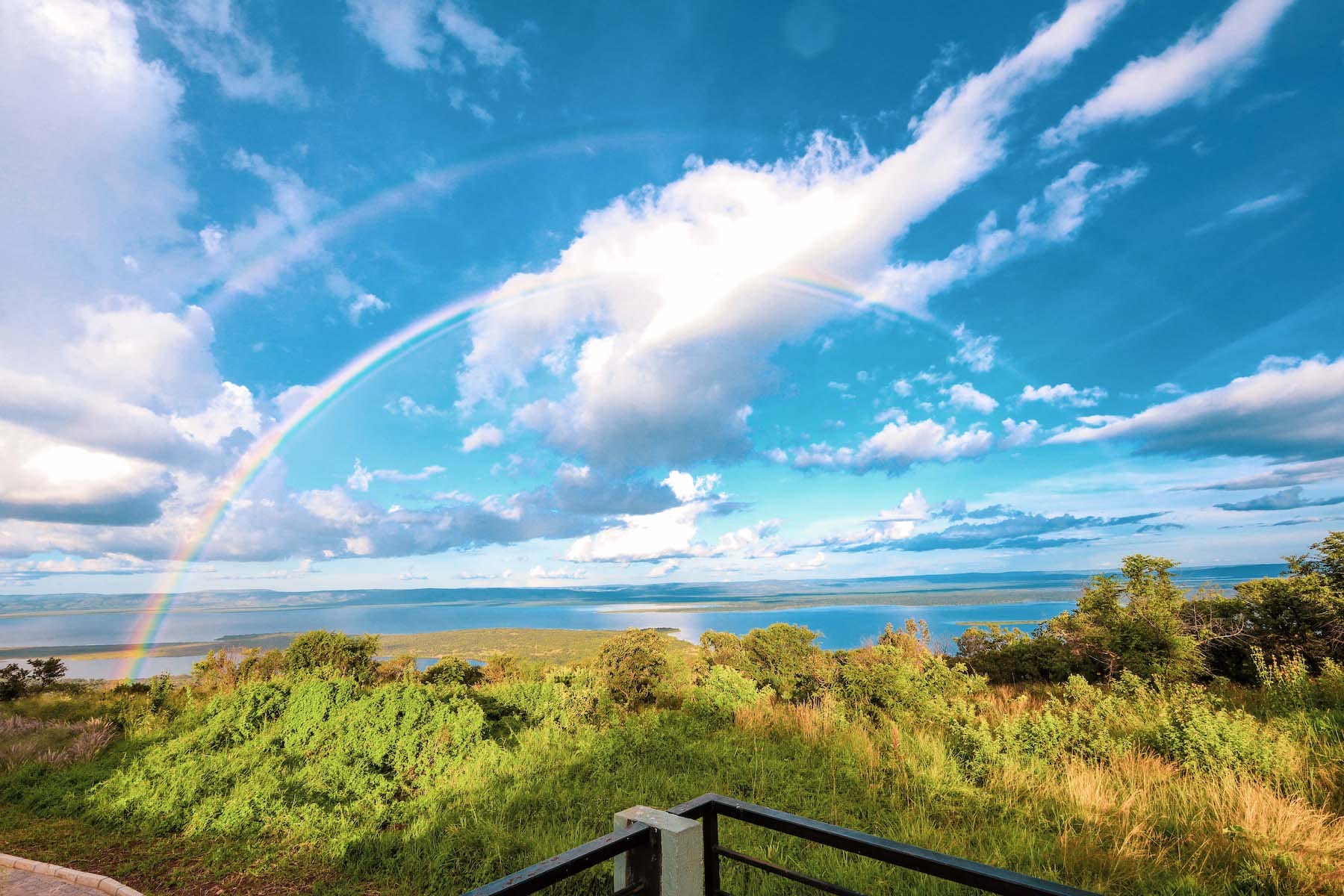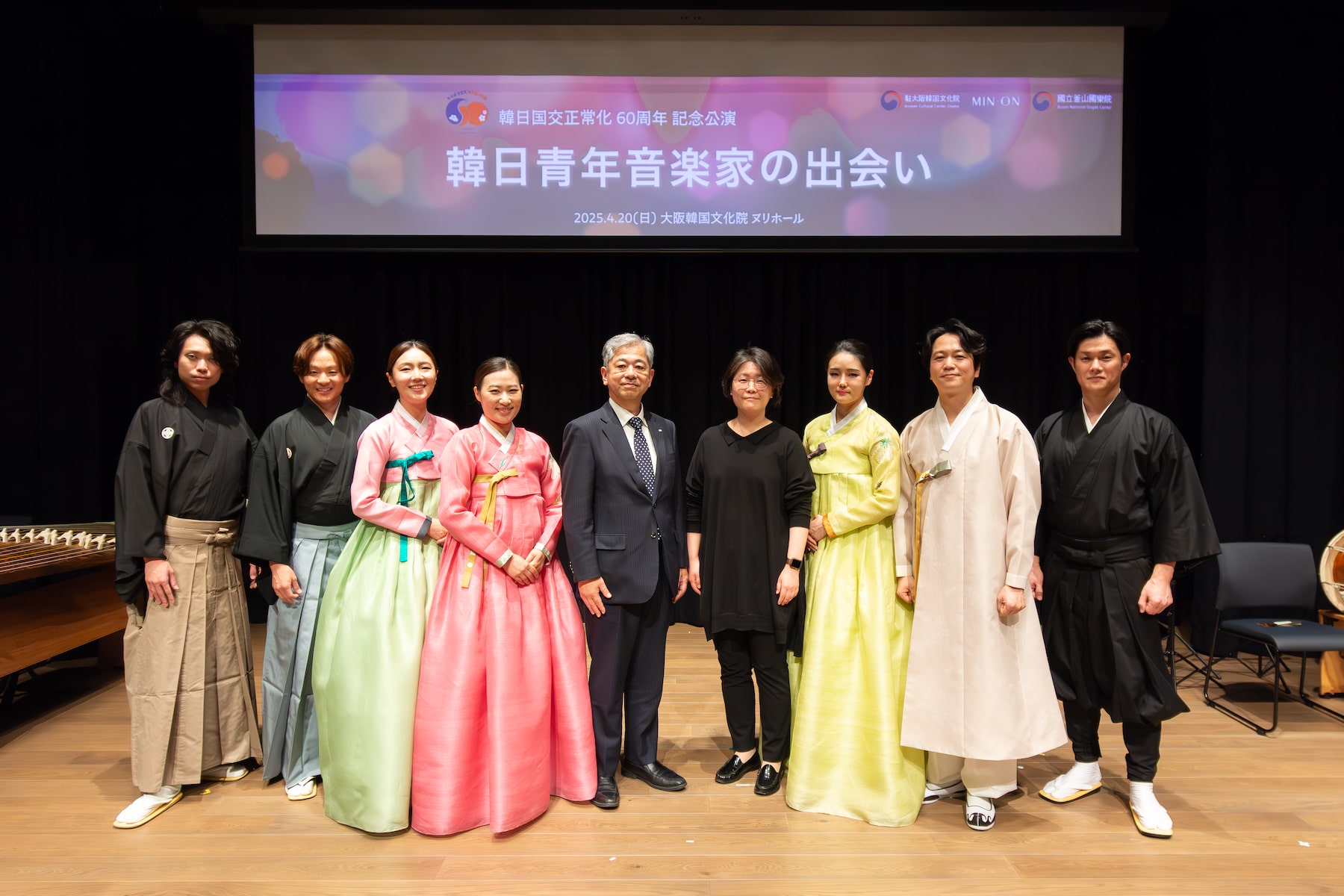Our Perspectives
Quotes from the founder’s writings:
Music and the Arts
“Art and music are the crystallization of the human spirit. In a sense, it is a spiritual window through which we converse with the life of the vast universe. The power of art can break the shackles that bind and divide human beings. It transcends any ostentation or concerns of status to create bonds among ordinary human beings. Art issues no commands like those of authority or power; art simply calls out to the human heart. Nonetheless, its influence conceals a strength that far exceeds any form of authority, wealth or fame.”
“Music could perhaps be called the most truly human form of dialogue we are capable of. Though people may differ in the color of their skin, the language they speak, their customs and ways, or the material culture which surrounds them, the power of music makes it possible for them to instantly communicate and respond to one another’s innermost feelings.”
“Music speaks directly to the heart. This response, this echo within the heart, is proof that human hearts can transcend the barriers of time and space and nationality. Exchanges in the field of culture can play an important role in enabling people to overcome mistrust and prejudice and build peace.”
“In life, we must grit our teeth and keep walking bravely toward the light. This is the spirit of a genuine artist. If life goes smoothly all the time, we risk growing arrogant and conceited. Such a shallow individual cannot produce truly outstanding art.”
“Art is the cry of the soul from the core of one’s being. Creating and appreciating art set free the soul trapped deep within us. That is why art causes such joy. Art, quite aside from any questions of skill or its lack, is the emotion, the pleasure of expressing one’s life exactly as it is. Those who see such art are moved by its passion, its strength, its intensity and its beauty. That is why it is impossible to separate fully human life from art.”
“Art is peace. Art captures people’s hearts, their minds and imaginations. Art enriches people; it enriches society. Artists have the power to affect an immense number of people in a very profound way. What a great role this power plays in the victory of the people!”
Diversity and Solidarity
“Creating harmony amidst diversity is a fundamental issue of the twenty-first century. While celebrating the unique characteristics of different peoples and cultures, we have to create solidarity on the level of our common humanity, our common life. Without such solidarity, there will be no future for the human race. Diversity should not beget conflict in the world, but richness.”
“The differences between people need not act as barriers that wound, harm and drive us apart. Rather, these very differences among cultures and civilizations should be valued as manifestations of the richness of our shared creativity.”
“The ideal of a humanistic culture and civilization that embraces all people based on peace and coexistence will only be realized through communication that appreciates diversity. We must prize and learn from our differences and discover what is shared universally by all humanity while preserving the unique character of our respective cultures. I am convinced that the first step in education for global citizens must be to foster a respect for diversity.”
“The power of music makes it possible for the different peoples to instantly communicate and respond to one another’s innermost feelings.”
Culture of Peace
“Art has the power to promote understanding and friendship, which is why it is a strong force for peace.”
“Peace and culture are one. A genuinely cultured nation is a peaceful nation, and vice versa. When conflicts multiply, culture wanes and nations fall into a hellish existence. The history of the human race is a contest between culture and barbarity. As we leave the tensions of the Cold War behind, the pressing question becomes “What will the coming century be like?” Only culture is a force strong enough to put an end to conflict and lead humanity in the direction of peace.”
“Culture and civilization seek to triumph in the spiritual struggle to elevate the life-condition of all humanity, to evoke a firm commitment to peace that will bring a halt to all destructive, barbaric acts.”
“Art is a powerful ‘weapon’ in the struggle for peace. It is one of the highest expressions of human victory. The efforts that artists make in perfecting and performing their art are in themselves efforts to create peace and culture for all humanity.”
“Peace is found when you reach out and make an effort to understand and embrace someone who is different from you.”
“The skillful expressions of voice, melody and dance that issue forth from the all-encompassing humanity of the artist cultivate and lend fragrance to deep human emotions. They are a positive influence that lead to a heightening of human spirituality. The spirit of art and the spirit of peace are naturally bound together. Artists are the standard-bearers for the creation of peace. I am convinced that art, as an expression of life itself, constitutes the highest form of value creation.”
Cultural Exchange
“Culture is an elevated expression of the inner voice, which the different peoples of the Earth have heard in the depths of their being, a voice which conveys the vibrant compassion and wisdom of the cosmic life. For different cultures to engage in interaction is to catalyze one another’s souls and foster mutual understanding.”
“Cultural exchange can bring people together everywhere. Exchange can be like the string of a lute striking harmonious vibrations in the hearts of all. There can be no such harmony, however, without a steadfast mutual recognition of equality. Unilateral cultural intrusions plant the dangerous seed of pride in the transmitter and fill the hearts of the recipients with feelings of inferiority or hatred. Genuine exchange can take place only when people approach one another with an honest sense of equality, mutual respect and appreciation of other cultures.”
“The basis of genuine world peace will be formed by the fostering of a mutual understanding through a grass-roots exchange that transcends distinctions of race, nation and ideology. To this end, exchanges in art and culture will be indispensable. Music, dance and works of art occupy a dimension that transcends borders. While they may be distinctively ethnic in flavor, they also have a quality that makes them universally accessible. This quality is what prompts me to consider promoting exchange in music and the arts.”
“My mentor, the late Mr. Josei Toda, also had emphasized the importance of cultural exchange. He often said that political and economic relations are ruled by calculations of power or gain, making them unstable and ephemeral, whereas exchange in the realm of culture is more enduring. Respect for other cultures leads to respect for the people of those cultures. The friendship that grows from such sentiment becomes an indestructible foundation for lasting peace.”
Religion and Art
“Religion and art are certainly intertwined. Religion cultivates the earth of our being, our life itself, while art brings flowers and the fruits of culture to bloom in that earth. But appreciating the art that is born from a particular religious tradition is not the same as believing in that religion. Though religious feeling may be the wellspring of artistic creation, once the art is created, it transcends religion.”
“A beautiful flower delights and refreshes the hearts of all people equally, no matter what soil it grows in. That is the power of beauty. The same is true of great art. It is this spirit that the German poet Heinrich Heine sang of when he wrote that once the peapod bursts open, the sugar peas inside are for everyone to enjoy.”
People’s Music
“To categorize art by its religious or ideological content and reject it on that basis is to reject humanity itselt . . . Art is not a slave to ideology or politics, nor is it a slave to religion. It has a value all its own, and so it is only natural to recognize and treasure it . . . My purpose in founding Min-On is to return music to the people. It is to create a humanistic culture, join the hearts of people around the world through music, and to contribute to world peace.”
“At the time of founding Min-On, the average person in Japan listened to popular music but wasn’t so familiar with classical music or opera. Tickets to such concerts were very expensive, most likely because promoters were looking to make a profit, which made them inaccessible to a large part of the population. Min-On determined to put the first priority on providing people with an opportunity to enjoy all types of music, including classical, opera and traditional Japanese. Music is for everyone. It is not the exclusive possession of the privileged or wealthy . . . Min-On’s birth will spark the creation of fresh culture by giving ordinary people more opportunities to experience music of the highest caliber.”
“Our goal is to contribute to the arts. We are serious about this. We are advancing a great movement for the people, for humanity . . . Thirty or forty years down the road, people will appreciate the profound significance Min-On has had in society. At the same time, it is up to us to make that happen. I want Min-On to become a global music association. I want people to say that it revived the musical world, that it gave rise to wonderful music, and that it linked the hearts of people and united the planet.”
“We should all develop the mind to rejoice in, praise and share in the gift of those who have artistic talents and a richness of heart, whether they achieve wide recognition or not. Cultivating such a beautiful mind is a very worthy effort. Culture and art are not just decorations. They are not just accessories. What matters is whether culture enriches the essential substance of our lives.”






